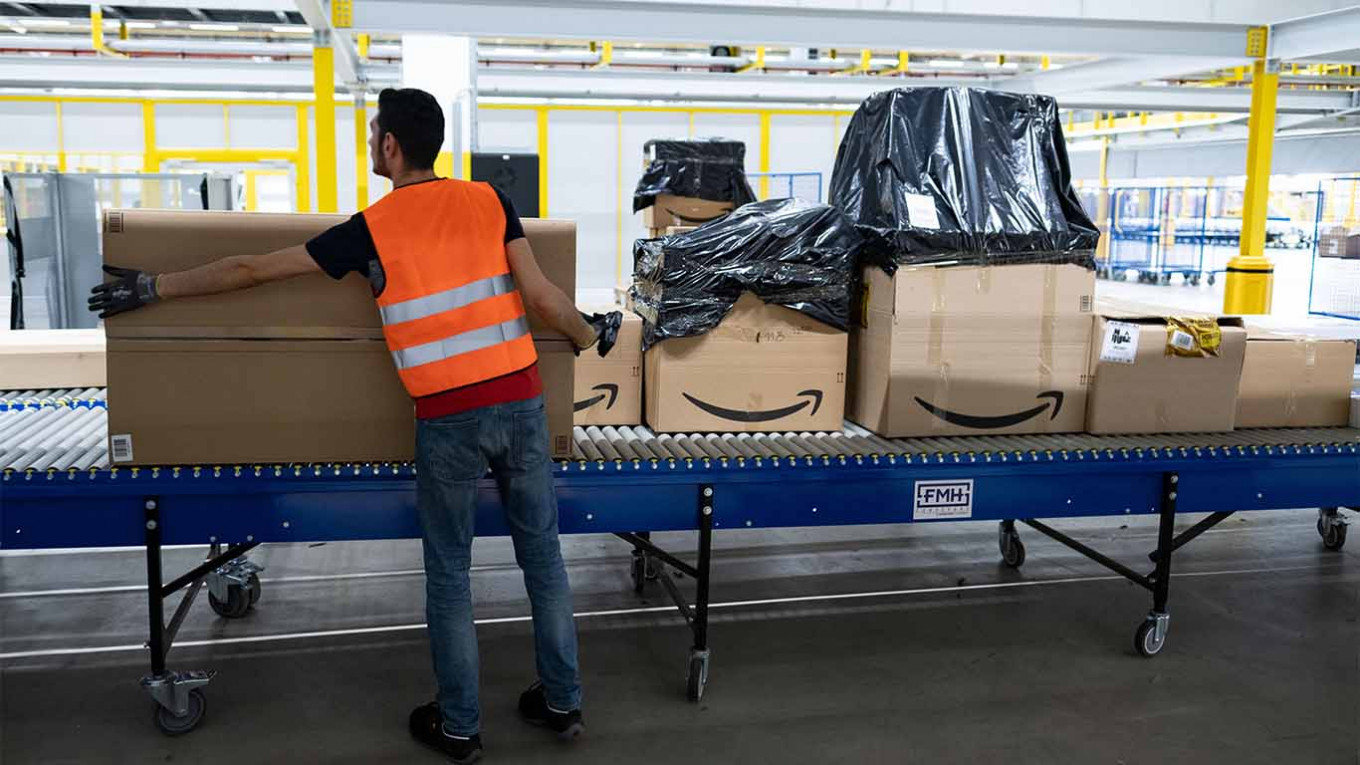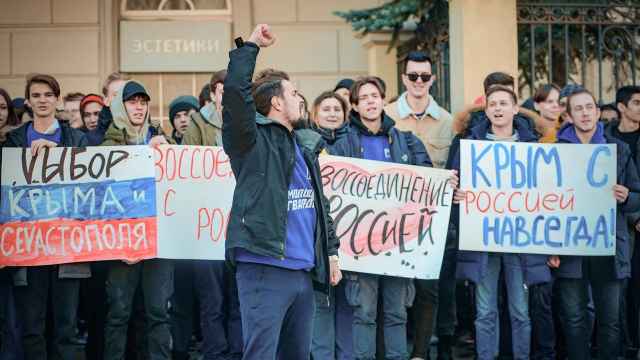The U.S. has fined Amazon for providing goods and services to individuals in Crimea, in violation of U.S. sanctions which prohibit firms from operating on the annexed peninsula.
The technology giant was also found to have sold goods to customers based in Iran and Syria, processed orders to people located or employed by embassies of Cuba, Iran, North Korea, Sudan and Syria, and sold items to individuals sanctioned by the U.S. Treasury Department’s Office of Foreign Assets Control’s (OFAC).
In total, Amazon was fined $134,523 for the violations, which occurred between 2011 and 2018.
Businesses face hefty penalties for operating on the Crimean peninsula, following its annexation by Russia in 2014 — a move deemed illegal by much of the international community and which resulted in the U.S., EU and other western countries placing stringent sanctions on Russia and barring firms from being active or investing on the peninsula.
Amazon said shoppers had been able to get round its automatic sanctions screening software by putting spelling errors in their addresses, such as “Krimea.” Amazon also processed orders where customers put their city and region as “Yalta,” as Amazon’s system didn’t realize the city was in Crimea.
The fine amounts to 50% of the value of goods sold in violation of the various sanctions regimes. OFAC determined that since Amazon voluntarily disclosed the violations, and that they were deemed “non-egregious,” often for low-value goods, it would refrain from a steeper penalty. On paper, the violations carried a potential maximum fine of more than $1 billion.
In its decision issued Wednesday, OFAC said the case should prompt other large multinational tech companies and e-commerce platforms to ensure their sanctions compliance is “commensurate with the speed and scale of their business operations” — in particular, by being able to weed out common misspellings or transliterations of names and cities which Amazon’s automatic software did not catch.
A Message from The Moscow Times:
Dear readers,
We are facing unprecedented challenges. Russia's Prosecutor General's Office has designated The Moscow Times as an "undesirable" organization, criminalizing our work and putting our staff at risk of prosecution. This follows our earlier unjust labeling as a "foreign agent."
These actions are direct attempts to silence independent journalism in Russia. The authorities claim our work "discredits the decisions of the Russian leadership." We see things differently: we strive to provide accurate, unbiased reporting on Russia.
We, the journalists of The Moscow Times, refuse to be silenced. But to continue our work, we need your help.
Your support, no matter how small, makes a world of difference. If you can, please support us monthly starting from just $2. It's quick to set up, and every contribution makes a significant impact.
By supporting The Moscow Times, you're defending open, independent journalism in the face of repression. Thank you for standing with us.
Remind me later.






